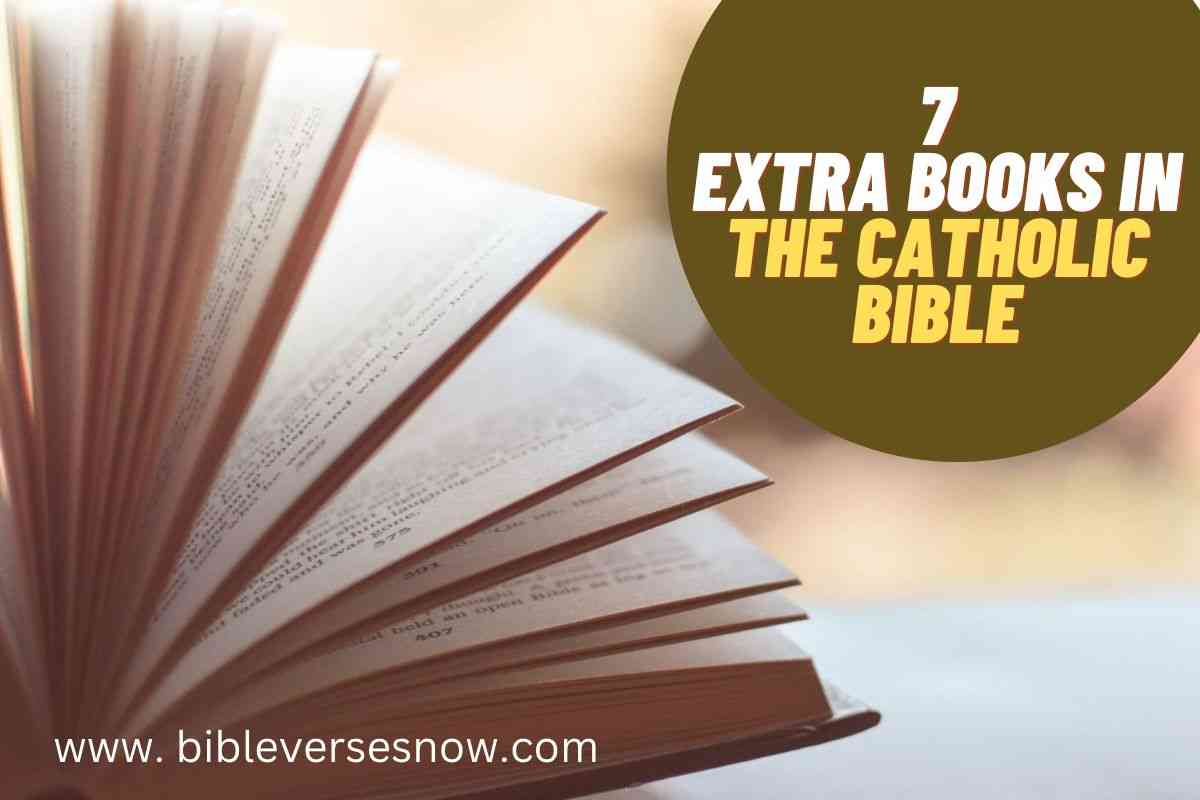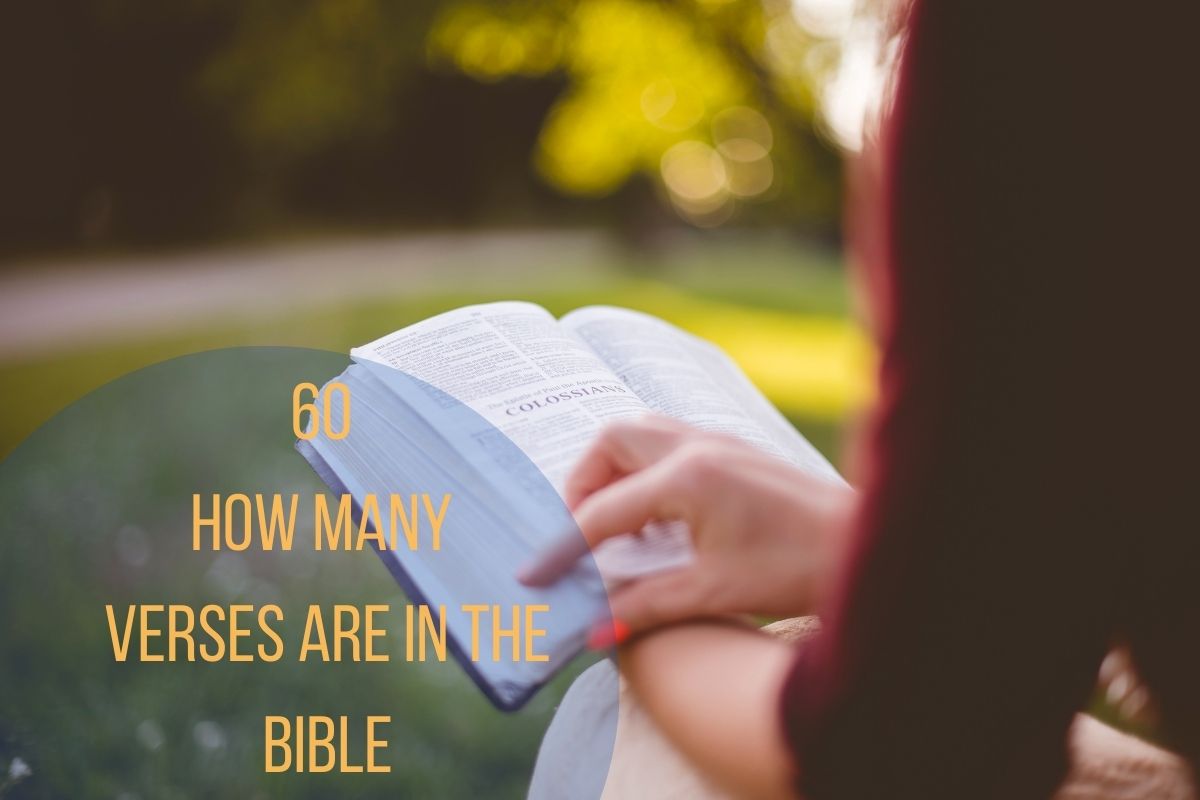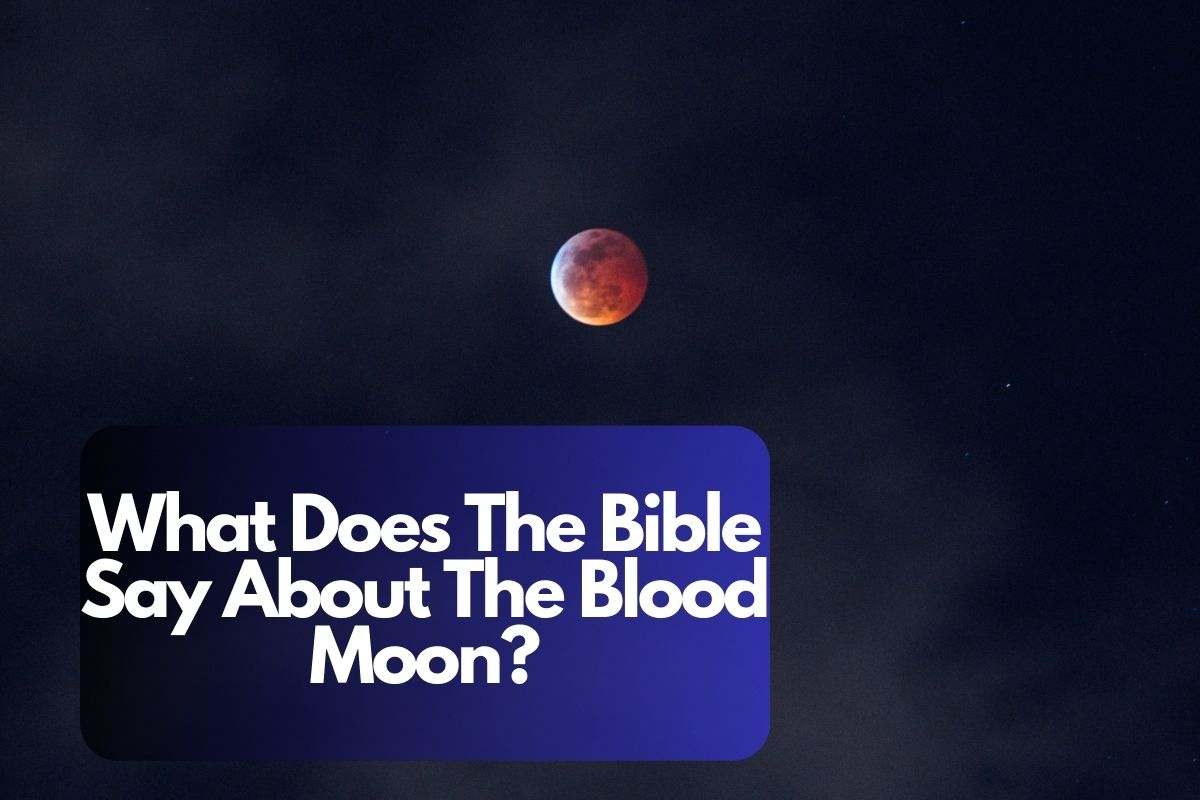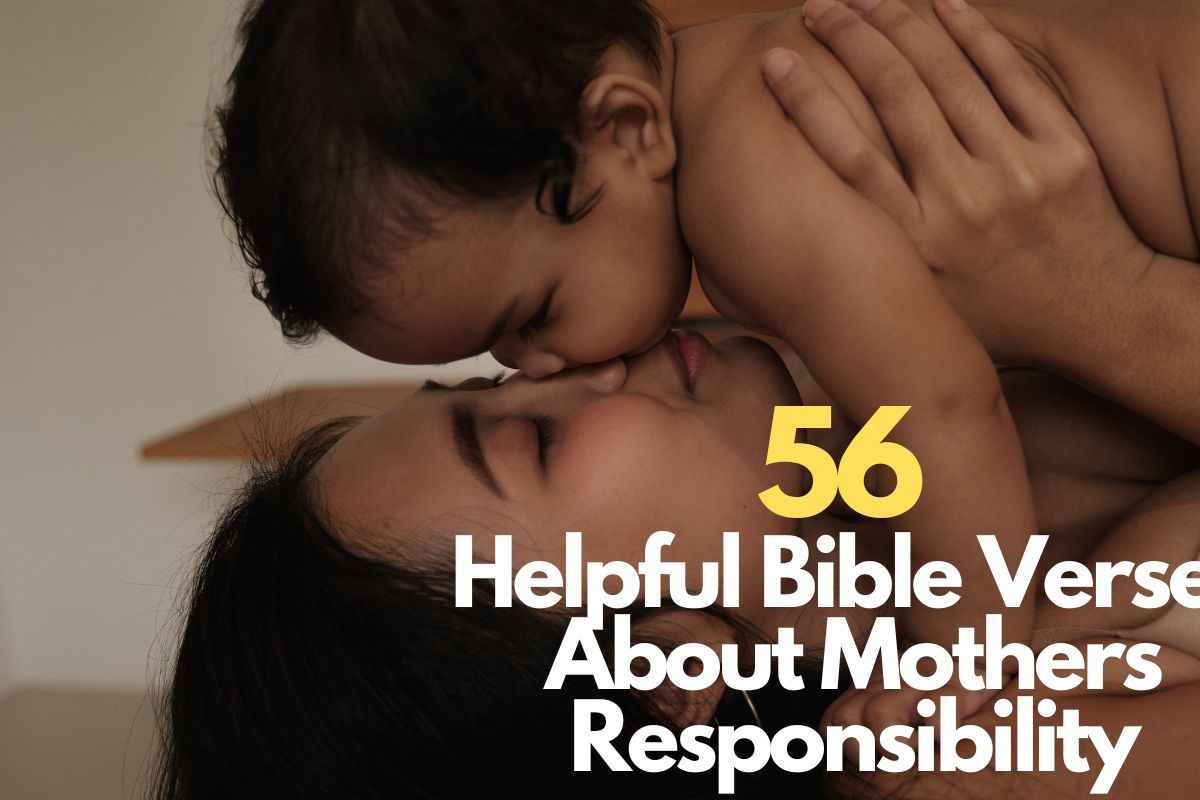What are the extra books in the Catholic Bible; Catholic Bibles contain seven Old Testament books, but Protestant Bibles do not. Protestants refer to them as apocryphal. What are the extra books in the Catholic Bible? in this article, we are going to list the 7 extra books in the Catholic Bible with detailed explanations
What are the extra books in the Catholic Bible?
The term “Catholic Bible” can either refer to a Christian Bible that contains the entire 73-book canon recognized by the Catholic Church, including the deuterocanonical books, those Old Testament books (and portions of books) that are in the Greek Septuagint collection but not in the Hebrew Masoretic Text collection, or it can refer to a Bible that has been authorized for publication in accordance with Catholic Canon Law.
7 books in Catholic Bible not in the Protestant
Protestants refer to them as apocryphal (literally, “hidden,” therefore “unknown, spurious”) texts, while Catholics refer to them as deuterocanonical (literally, “second canon”) books.
Baruch, Tobit, Judith, 1 and 2 Maccabees, Wisdom (or Wisdom of Solomon), and Sirach are among these writings (or Ecclesiasticus).
In addition, he denounced the book of James in the New Testament as an “epistle of straw” and refused to remove it from the Protestant canon because it explicitly states, in opposition to Lutheran doctrine, that both faith and deeds are required for salvation (see Jas 2:14–26).
Deutero-canonical books
The term “deuterocanonical books” refers to the books and passages that Protestant denominations consider to be Apocrypha but which the Catholic Church, the Eastern Orthodox Church, the Oriental Orthodox Churches, and the Assyrian Church of the East consider to be canonical books of the Old Testament.
They were written between 300 BC and 100 AD, primarily between 200 BC and 70 AD, before the Christian church and Judaism were clearly divided.
The apostles most commonly referred to and cited the Septuagint, which contains them, even though the New Testament never specifically mentions or quotes from them.
Some claim that there is a connection of ideas, and others observe that phrases from these books are frequently quoted, mentioned, or hinted to in the New Testament numerous times depending greatly on what qualifies as a reference.
Despite the lack of a scientific agreement, some academics believe that the Hebrew Bible canon was determined far earlier than the first century AD, possibly even as early as the fourth century BC or by the Hasmonean dynasty (140–40 BC).
All of the deuterocanonical books were included in the Greek translation of the Hebrew Bible known as the Septuagint, which the early Christian church used as its Old Testament.
The word set these books apart from both the protocanonical (Hebrew canon) books and the biblical apocrypha (books of Jewish origin that were sometimes read in Christian churches as scripture but which were not regarded as canonical).
The canonical books of the Bible were determined at the Council of Rome in 382 AD.
The majority of the deuterocanonical books were included.
The following deuterocanonical books are regarded as canonical by the Eastern Orthodox Church and the Catholic Church:
Where did the extra books in the Catholic Bible come from?
Books in the Catholic Bible not in Protestant
Additionally, the Bibles used by followers of the Roman Catholic, Eastern Catholic, and Orthodox Churches include slightly longer versions of the Books of Daniel and Esther. Most Christians accepted the earlier Alexandrian canon up to the sixteenth century (list of inspired books).
Martin Luther made the decision to adhere to the more recent Palestinian canon when he translated the Bible into German. This canon only contains books that were written in Hebrew or for which a Hebrew text was accessible in the late first century A.D. On this point, the King James Version agrees with Luther.
Is the book of numbers in the Catholic Bible
Additionally, the Bibles used by followers of the Roman Catholic, Eastern Catholic, and Orthodox Churches include slightly longer versions of the Books of Daniel and Esther. Most Christians accepted the earlier Alexandrian canon up to the sixteenth century (list of inspired books).
Martin Luther made the decision to adhere to the more recent Palestinian canon when he translated the Bible into German. This canon only contains books that were written in Hebrew or for which a Hebrew text was accessible in the late first century A.D.
On this point, the King James Version agrees with Luther.
Who wrote the 7 extra books in the Catholic Bible?
No one individual has ever been given the power to proclaim something canonical on their own.
Since the Council of Carthage in the fourth century, when it was approved by the Pope, the canon that included those seven books had not been severely contested or challenged until the sixteenth century.
why are there 73 books in the catholic bible?
The Catholic Bible contains 73 Books—66 Books like the Protestant Bible and 7 Apocrypha.
What are the 7 books excluded from the Bible?
He was correct in a lot of things, and both Catholics and Protestants concur that he altered the course of Western history One of his most crucial acts was to take seven books out of the Bible. He made an effort to delete more than 7. His goal was to have the Bible support his theological beliefs.
What are the seven more books in the Catholic Bible, you may possibly wonder?
The Deuterocanonical Books are those. These include Tobit, Judith, and the Maccabees (1 and 2). Commonly featured are the Wisdom of Solomon and Wisdom of Sirach (also known as Ecclesiasticus).
Luther made an effort to have Hebrews James and Jude removed from the Canon (notably, he saw them going against certain Protestant doctrines like sola gratia or sola fide). But most of Luther’s adherents didn’t agree with his assessment of the situation.







